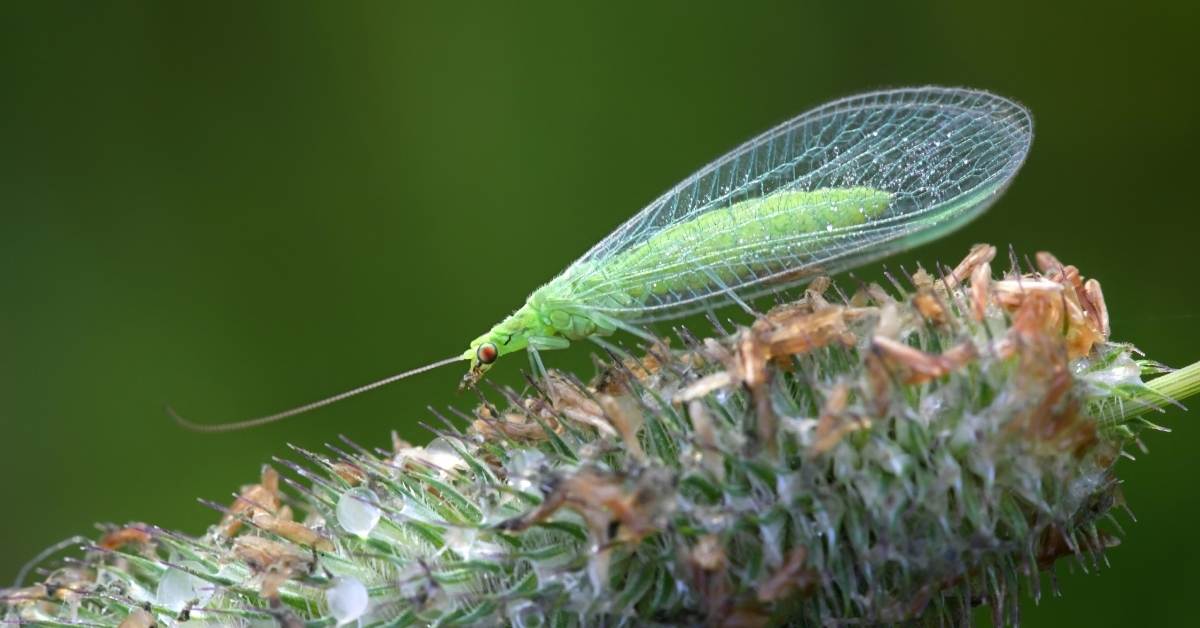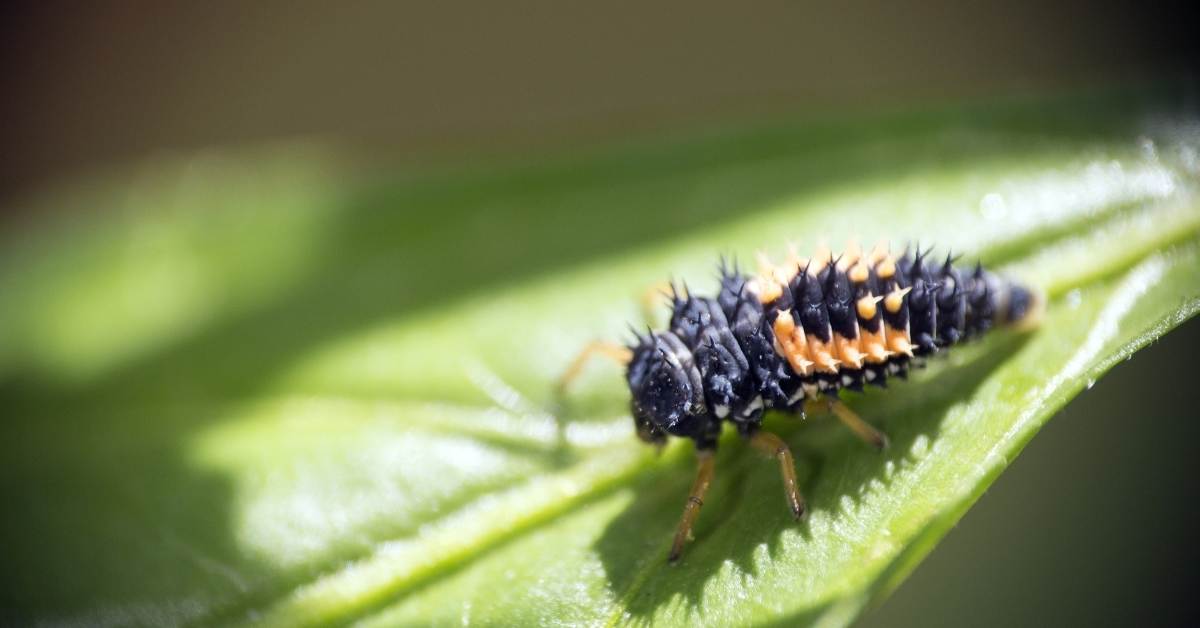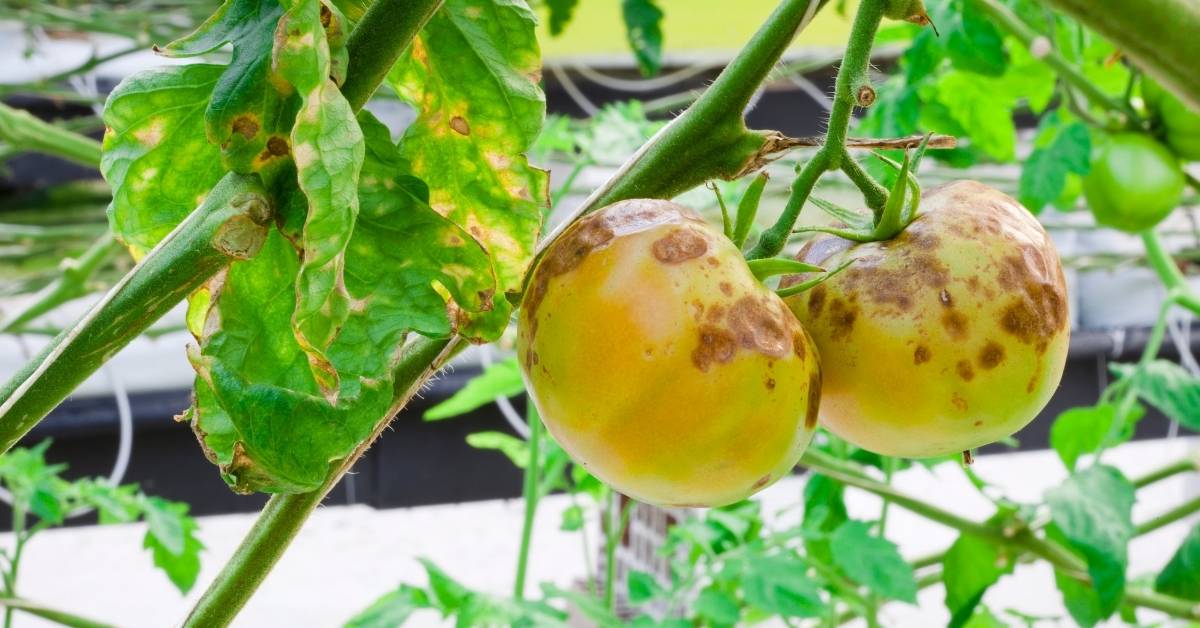Pests like the Colorado potato beetle (Leptinotarsa decemlineata) can destroy your entire crops. So you need to learn a way to fight pests for free…
Animals that cause damage to the plants in the garden and thus reduce the success of the harvest are called pests. Most pests cause harm, for example, by eating parts of the plants or by affecting them in order to get to the sweet plant sap.
There are also animals in the garden and house that we humans often find annoying, such as mosquitoes, spiders, or ants.
Most of them will at some point have questions about how to deal with these pests or unloved animals.
How to fight pests naturally and for free in your garden?

The subjects in this article
- Biological pest control instead of “chemical club.
- Use beneficial insects against pests successfully.
- Which beneficial insects help against which pests?
- Buy beneficial insects on the Internet.
- Settling beneficial insects in the garden is not only useful when it is infested.
- Biological pest control instead of “chemical club.”
A large number of synthetic pesticides are available in stores to drive away from uninvited guests. In many cases, however, the use of a “chemical club” is not even necessary, and many gardening enthusiasts are reluctant to use it.
In the best-case scenario, “natural pest control” should be the keyword for a hobby garden – especially for a natural garden. Especially when children and pets are out in the garden, natural control of uninvited guests is essential.
If you prefer to tackle pest control in a natural way, in addition to known home remedies, beneficial insects (antagonists) can also be used. These eat or parasitize the cause of the damage and thus protect the plants and the harvest.
Here is an example: In the video on the right, you can see a ladybug larva. The “aphid lions” eat between 400 and 600 aphids in the three weeks until they pupate. This makes them ideal for biological pest control and an excellent home remedy for aphids!

Natural pest control: use beneficial insects against pests in the garden
Ladybugs are good aphid hunters!
If you recognize a specific pest infestation on one or more of your plants and would like to fight it with the help of beneficial insects, it makes sense to find out in advance which type of animals you should settle.
For example, if you are looking for beneficial insects against spider mites, control scale insects, or want to control mealybugs, you can find out more using the linked list. We have compiled the most famous pests together with suitable helpers.
Who, for example, when fighting aphids, home remedies, or if you prefer the use of beneficial insects, you should find what you are looking for in the table.
Not all of the pests mentioned affect exclusively garden plants. Some of them, such as the fungus gnat, are mostly found in closed rooms.
What helps against aphids? Or, which beneficial insects can I use against which pests?
| pest | Which beneficial insects can be used against the pest? |
|---|---|
| Codling moth (larvae) | Green woodpecker |
| Woodlice | Stone walkers, common toads, lizards |
| Ants | Spiders, frogs, common toads, lizards, blindworms |
| Aphids | Ladybugs, spiders, lace and hover fly larvae, parasitic wasps, predatory bugs, earwigs, songbirds, flower bugs, gall midges, hayhorses, lace flies, hover fly larvae |
| Vine weevil | Moles, nematodes |
| Fly | Songbirds, spiders, newts, hornets, hayhorses, frogs, common toads, common and German wasps, space mites (fly larvae) |
| Japanese beetle | Birds, moles, shrews, wasps, ground beetles, bacteria (Paenibacillus popilliae) , parasitic nematodes (including Steinernema sp, Heterorhabditis sp.) , Entomopathogenic fungi (Beauveria bassiana, Metarhizium anisopliae) |
| Beetle | Parasitic wasps, ore wasps and cavies, spiders, moles (weevils, Engerline), gold beetles (potato beetle larvae), hayhorses (beetle larvae), bats, lizards, clay wasps (leaf beetles and weevils) |
| Nematodes | Predatory mites |
| Mice | Grass snakes, snakes, hedgehogs, shrews (voles) |
| Moths | Parasitic wasps, songbirds |
| Mosquitoes | Common and German wasps, spiders, newts, dragonflies, bats |
| Caterpillars | Lacewing larvae, leaf beetles, earwigs, toads, songbirds, common and German wasps, clay wasps (butterfly caterpillars), moles (owl caterpillars), golden ground beetles, hedgehogs, common toads |
| Snails | Hedgehogs, tiger snails, shrews, ducks, song thrushes, stone walkers, shrews, Roman snails (eat the eggs of slugs), newts, golden beetles, hedgehogs, frogs, common toads, slow worms |
| be crazy | Common and German wasps, songbirds, stone walkers, shrews, hornets, common frogs, lizards, blindworms, parasitic wasps |
| Spider mites | Ladybirds, lacewing larvae, predatory mites, gall midges, flower bugs, predatory bugs, hoverfly larvae |
| Springworm moth (pupae) | Catchy tunes |
| Thrips | Lacewing larvae, predatory bugs, predatory mites, flower bugs |
| Grape moth (pupae) | Catchy tunes |
| Fungus gnats | Predatory mites, SF nematodes |
| Opiliones | Songbirds, bats |
| Whiteflies | Parasitic wasps, predatory bugs, predatory mites, ladybugs, flower bugs |
| Mealybug | Lacewing |
Buy parasitic wasps? Buy nematodes? You can purchase many beneficial insects on the Internet.
The suitable little helpers are not always found in the garden. For this reason, various Internet retailers have specialized in shipping insects such as parasitic wasps, their larvae, or eggs. Depending on the infestation, you can order the appropriate beneficial insects directly and start treating the uninvited guests in your garden or apartment after a short time.
However, please inform yourself beforehand which location the insects are suitable for. Some of them are only suitable for outdoor use, others for indoor use. Others, in turn, can be used anywhere or can deal with the conditions in the greenhouse.
Settling beneficial insects in the garden is not only useful when it is infested.
A near-natural garden promotes the settlement of beneficial organisms.
A pest infestation does not always have to be present in order to decide in favor of a settlement of beneficial insects. It is also helpful to prevent a possible infestation.

Successfully establish beneficial insects in the garden.
Anyone who wants to establish beneficial insects in the garden should know that a natural garden is generally helpful. In piles of leaves and hedges can hedgehogs, lizards, and other small animals hide, and flower-and biodiverse grasslands attract insects of all kinds.
If that is not enough for you, you can take care of the dwelling of the small creatures. Insect hotels, nesting aids, and hedgehog or lizard castles make it easier for the animals to feel good over the long term.
Because wherever you find food and suitable habitat, that’s where they will stay and, by the way, help you to maintain the natural balance!

